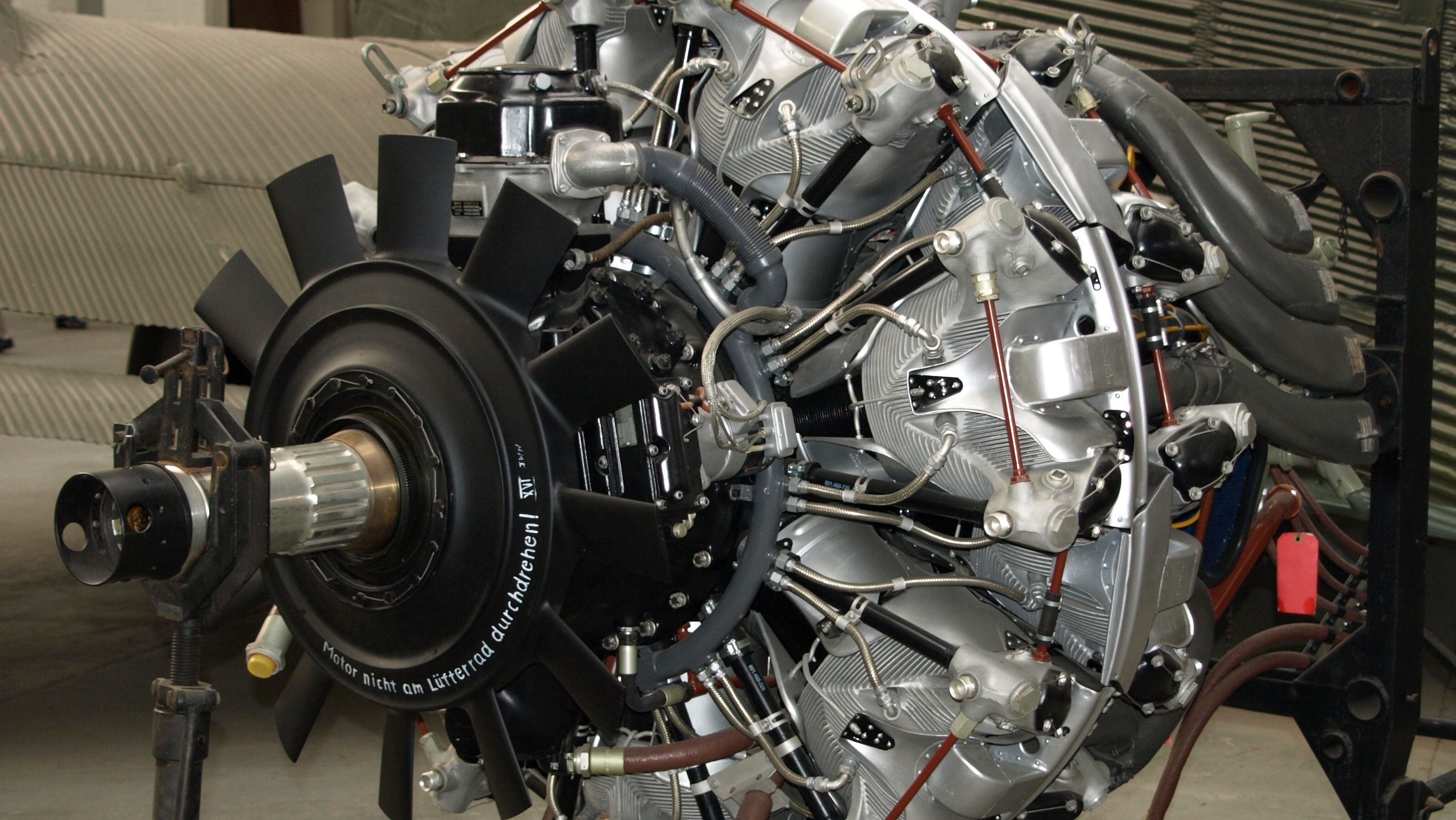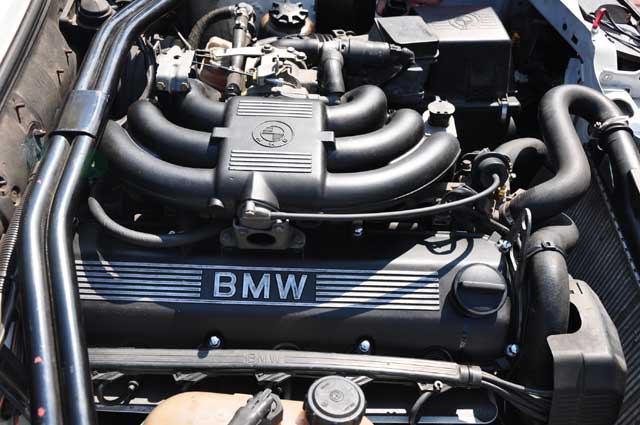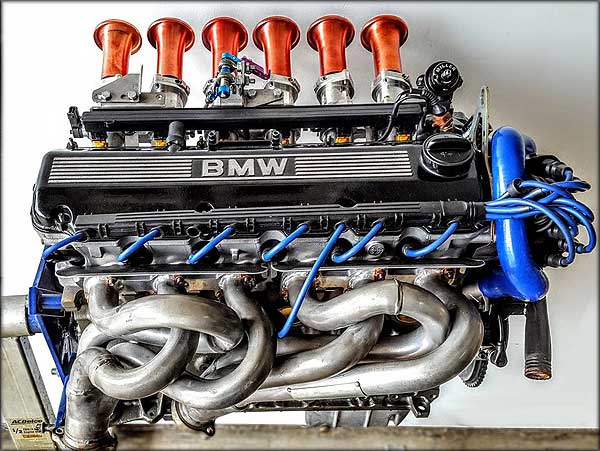The Evolution of the BMW Engine: A Look Back at Iconic Models
The Evolution of the BMW Engine: A Look Back at Iconic Models
Blog Article
Unveiling the Intricacies of Next-Generation Power Units: a Deep Dive Into Advanced Engine Innovations and designs
In the realm of automotive engineering, the relentless pursuit of performance, effectiveness, and sustainability has actually thrust the advancement of power devices to extraordinary heights. As we base on the precipice of a new era in transport, the intricacies of next-generation engine layouts bid us to check out the advanced technologies and innovations that promise to redefine the driving experience. From innovative products that push the borders of durability and weight decrease to advanced turbocharging and supercharging systems that elevate power result to new levels, each part of these power systems holds an essential to unlocking the future of auto design. Delving much deeper into the realms of discharge control, intelligent engine administration systems, and the perspective of power unit advancement, we discover ourselves on the cusp of a transformation that promises to improve the landscape of mobility as we understand it.
Advancement of Engine Products

The change towards advanced engine materials has likewise made it possible for engineers to develop engines with higher power results while maintaining gas effectiveness requirements. The usage of light-weight products minimizes the total weight of the engine, leading to improved gas economic situation and reduced emissions. In addition, advancements in materials technology have enabled better thermal monitoring within engines, causing raised reliability and durability.
Turbocharging and Supercharging Technologies
Exactly How do Turbocharging and Supercharging Technologies transform engine performance and effectiveness in modern-day lorries? Turbocharging and supercharging are modern technologies that considerably improve engine efficiency by boosting the quantity of air consumption right into the burning chamber. Turbocharging attains this by utilizing a wind turbine driven by exhaust gases to pressurize the consumption air, while supercharging makes use of a belt- or chain-driven compressor to accomplish the exact same result.
These modern technologies allow smaller sized, much more fuel-efficient engines to generate power comparable to bigger ones, understood as downsizing. By compeling even more air into the cylinders, turbo charging and turbocharging enhance combustion performance, leading to enhanced horsepower and torque result without a substantial rise in engine dimension. This causes far better acceleration, pulling capacity, and general driving performance.
Moreover, turbocharging and supercharging contribute to enhanced gas efficiency by allowing the usage of smaller engines that eat much less fuel under typical driving conditions - bmw engine. This mix of boosted performance and performance has made turbocharging and turbo charging indispensable components of many modern-day engine styles
Emission Control and Environmental Influence
With boosting international worries relating to air quality and check my reference environmental sustainability, the implementation of exhaust control technologies in cars plays a crucial role in minimizing unsafe toxins launched into the ambience. Modern vehicles are outfitted with innovative discharge control systems that aid reduce the environmental effect of vehicle procedures. Catalytic converters, for example, are made to transform toxic gases such as carbon monoxide, nitrogen oxides, and hydrocarbons right into less dangerous compounds like carbon dioxide and water vapor.
Moreover, advancements in engine innovation, such as the combination of exhaust gas recirculation systems and discerning catalytic reduction, have actually dramatically added to decreasing discharges. These modern technologies operate in tandem to enhance combustion effectiveness and lessen the launch of harmful pollutants right into the air. Additionally, the advancement of hybrid and electric cars stands for an essential action towards lowering the general environmental footprint of the transport sector.
Intelligent Engine Administration Equipment

In addition, these systems allow vehicles to meet stringent exhausts standards without compromising performance, giving an extra eco-friendly driving experience. The integration of expert system and artificial intelligence capacities in engine management systems continues to push the borders of what is possible, bring about additional enhancements in effectiveness, integrity, and general vehicle performance. bmw engine. As automobile innovation breakthroughs, smart engine management systems will his explanation certainly play an important duty in forming the future of transportation towards a much more sustainable and effective instructions
Future Trends in Power Unit Advancement
As intelligent engine management systems pave the way for enhanced control and optimization in modern vehicles, future trends in power unit development are positioned to redefine the landscape of automotive propulsion technologies. These alternative power sources provide improved efficiency and performance while aligning with stringent environmental regulations.
One more considerable pattern is the assimilation of sophisticated products and making techniques. Lightweight materials such as carbon fiber and aluminum are being made use of to lower total vehicle weight, boosting gas effectiveness and performance. Additionally, developments in 3D printing and additive manufacturing are enabling the manufacturing of complicated engine components with greater precision and sturdiness.
Additionally, artificial knowledge and artificial intelligence are playing an essential role in maximizing power system efficiency. These innovations permit real-time surveillance and flexible control, leading to extra effective and dependable power delivery. Generally, future trends in power device development are tailored towards performance, performance, and sustainability, driving the automobile sector towards a brand-new era of propulsion innovations.

Final Thought
In conclusion, the developments in engine materials, turbocharging, discharge control, and intelligent monitoring systems have actually paved the method for next-generation power systems. The elaborate layouts and innovations in contemporary engines display the recurring evolution of automobile innovation.
Discovering the dynamic innovations in engine materials has been essential in boosting the efficiency and performance of modern engines. Over the years, the evolution of engine materials has played a critical role in pushing the limits of what engines can accomplish.The change in the direction of progressed engine products has actually additionally enabled engineers to develop engines with higher power outcomes while preserving gas performance criteria.The execution of smart engine monitoring systems in modern-day vehicles has revolutionized the way engines are controlled and enhanced for performance and effectiveness. By collecting information in real-time and analyzing it with innovative formulas, smart engine administration systems can adapt to driving styles, ecological variables, and engine health and wellness to optimize power outcome while reducing fuel consumption and exhausts.
Report this page